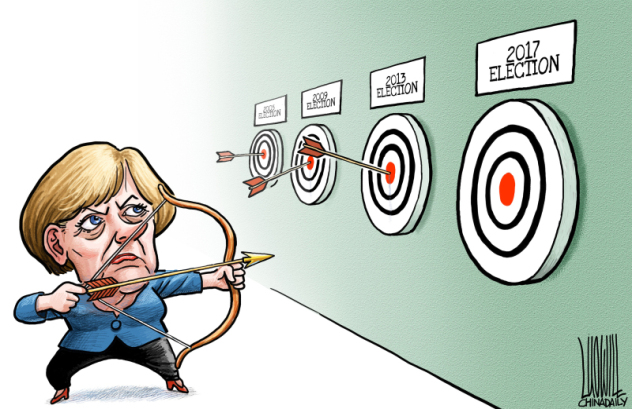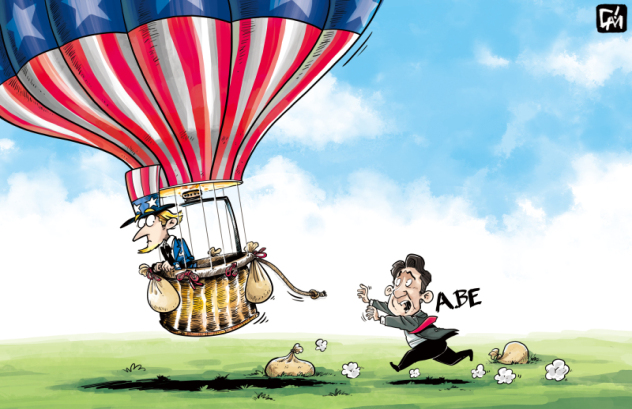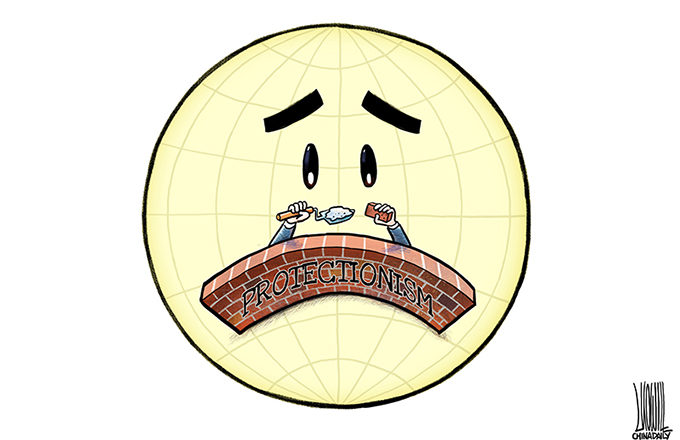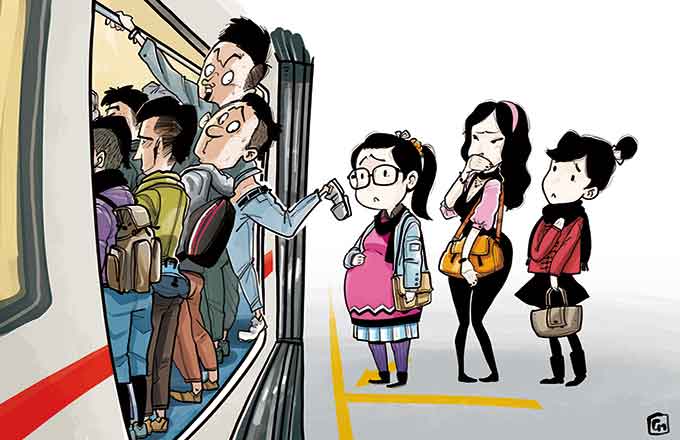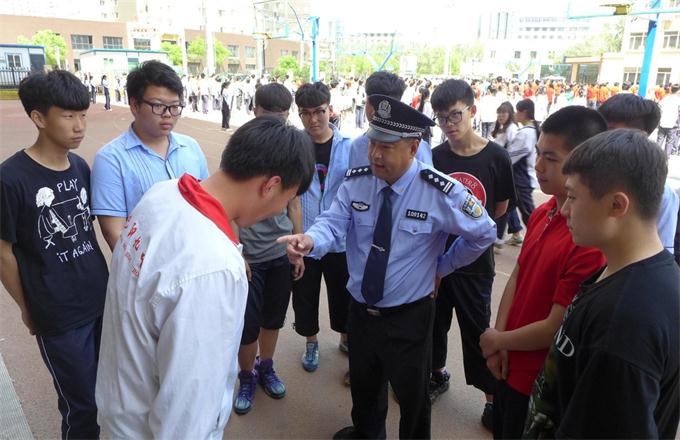Ushering in the era of innovation
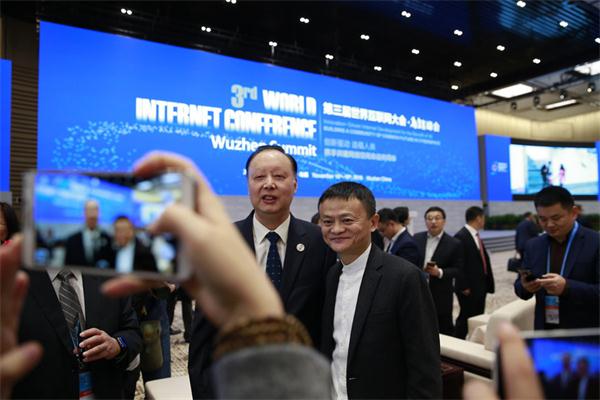 |
|
Jack Ma (right), chairman of Alibaba Group Holding Ltd, poses for photos with a guest before the opening ceremony of the 3rd World Internet Conference (WIC) at the Wuzhen Internet International Convention Center in Wuzhen, East China's Zhejiang province, on November 16, 2016. [Photo/IC] |
The future will be digitized. Chances are you’re reading my article on your digital device. Everyone is wired to the internet! The permutations and combinations of various possibilities that the internet offers are infinite. Applications (apps) have made life more organized and smartphones have taken over the world. It is the internet that has put the smart in smartphone and applied convenience to lifestyles. This is amply demonstrated at the Wuzhen World Internet Conference where leaders and tech tycoons alike discussed the future of internet and its benefit for all. Wuzhen, the ancient water town is better known for its gasping sceneries but its inter-connected waterways metaphorically form an inescapable parallel with the sprawling reach of the World Wide Web.
In any country, there are always drivers to propel its development further and this is especially true of emerging markets like India and China. Statistics reveal 710 million in China and 462 million in India use the internet. For developing countries as these, with large populations, internet can and already is acting as a catalyst. I think it is the innovation engine that will springboard them to change their status quo from developing to developed in the world. The use of internet for e-commerce and its gazillion possibilities of entrepreneurship cocooned therein have spurned the mushrooming of start-ups. Many of these start-ups are changing the way we live.
From the very inception, the internet has lent itself to faster computing and productivity. Over the years, it has metamorphosed to being the key innovation engine driving a nation’s economy. Take a look around and see; every aspect of human life has been touched by the invisible force of the internet. Ordering food or a taxi, movie or flight tickets are now only a click away. Online shopping has recorded sky-high rocketing sales and fashionistas can buy the latest season’s collections from any country world-wide. Fancy a holiday in far-flung remote islands? In this information civilization, with holiday, restaurant and movie reviews, it has never been easier to impress your date. While a surprise delivery of roses always delights a girl, getting them from across the world always makes her smiles wider!
In emerging markets as India and China, these entrepreneurs and start-ups generate employment, provide new or enhance existing needs and demands, impacting all aspects of lives from transportation, to healthcare to shopping and entertainment. The emerging economies with their large populace represent unsaturated markets to tap into and the entire eco-system benefits, from consumers to businesses enriching the countries coffers.
The thing with innovation is there is never a pause. Change is inherent in its very essence. The new age as displayed at Wuzhen Summit showcased industries further innovating themselves digitally. Artificial Intelligence and big data applications mean companies like IBM can cognitively test patient data to predict optimal course of treatment. Facial recognition technology will make cyber access more secure. While Tesla has an automated driving system, the financial lending arm of Alibaba group, has a “Smile to Pay” feature which has customers smile to complete the transaction. E-shopping sites will soon use driverless drones for delivery that will also cover far-flung rural areas. Collection of vehicle and road information will help give precautionary warnings for drivers’ safety. Virtual reality will facilitate real estate companies to effectively showcase and sell housing units.
The internet spawns entrepreneurial spirit by crowd-funding measures, multiple distribution channels and enables brick-and-mortar stores to transition their buying experiences online. For example, a fashion house can provide 3D full-body scanning, dress trials and interactive fitting apps to enable customized tailored outfits for consumers. With larger consumer sets, marketing and customer segmentation will also need to be chiseled. Social media has percolated through all generations with everyone from the budding teenager to the old populace in their sunset years. Monitoring social media for voices of consumers, using real-time consumer conversations and segregating purchase data to predict sales volume will enable businesses to streamline their supply chain better, price dynamically and brand better, leading to profitable businesses and happy customers.
The all-encompassing connectivity of the World Wide Web has already benefited millions and the blazing inferno of innovation in the internet will all but result in advantages for mankind. Juxtaposing latent needs and possibilities next to each other, mankind is transposed to leap into the next digital decade with great gusto. Bit by bit, rather byte by byte, human civilization is on the brink of a new era.
With a dynamic go-getter personality and a twinkle in her eyes, Khyati Shah is a Computer Engineer and has a MBA in Marketing from Mumbai and currently is a writer in Shanghai.
The opinions expressed here are those of the writer and don't represent views of China Daily website.




